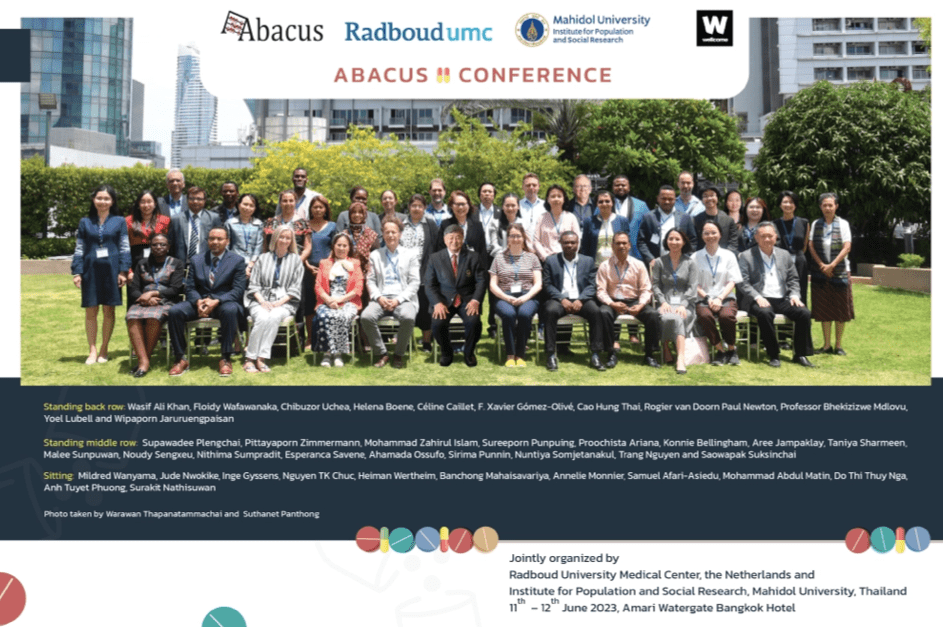Principal Investigator:
Professor Heiman Wertheim
Funder:
Wellcome
Locations:
Vietnam, Bangladesh, Thailand, Mozambique, Ghana, South Africa
Duration:
3 years (2020-2023)
Antibiotics are crucial for treating infections, but they are often used incorrectly, which can lead to serious problems like antibiotic resistance. This happens when bacteria change and become resistant to the medications designed to kill them.
In many places, especially in low and middle-income countries, antibiotics can be misidentified or confused with other drugs. This confusion can lead to inappropriate use, which is not only dangerous for individual patients but also contributes to the broader issue of drug resistance.
The main goal of the ABACUS II Study is to make it easier to identify antibiotics by their appearance. This could help everyone—from community members to healthcare workers—use antibiotics more appropriately. Here’s what the study focuses on:

The ABACUS II Study is not just about making antibiotics easier to recognize; it’s about ensuring that these critical medicines are used correctly to preserve their effectiveness for future generations. By tackling the issue of misidentification and misuse of antibiotics, the study supports global health strategies and empowers communities to make informed decisions about their health treatments.